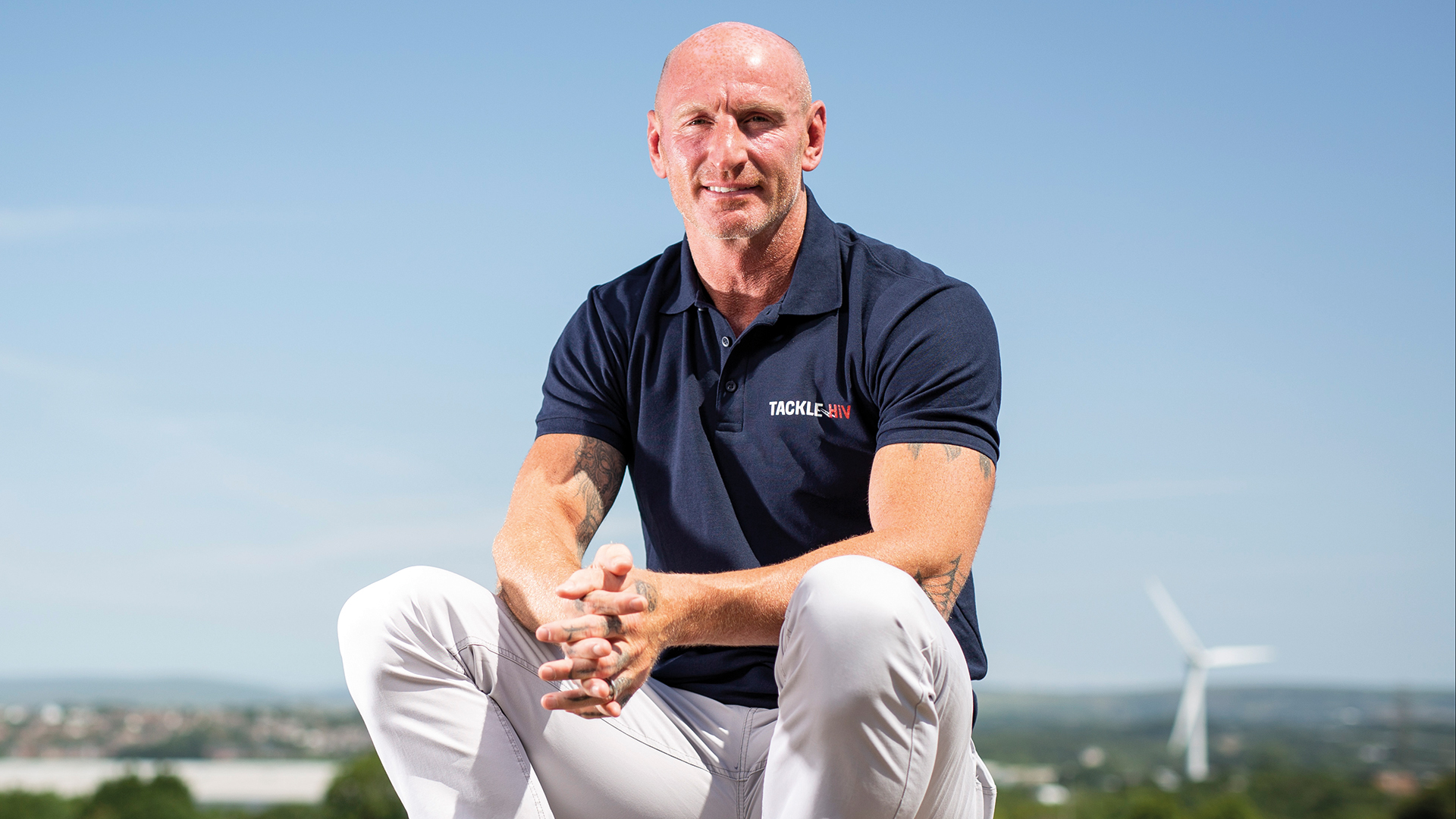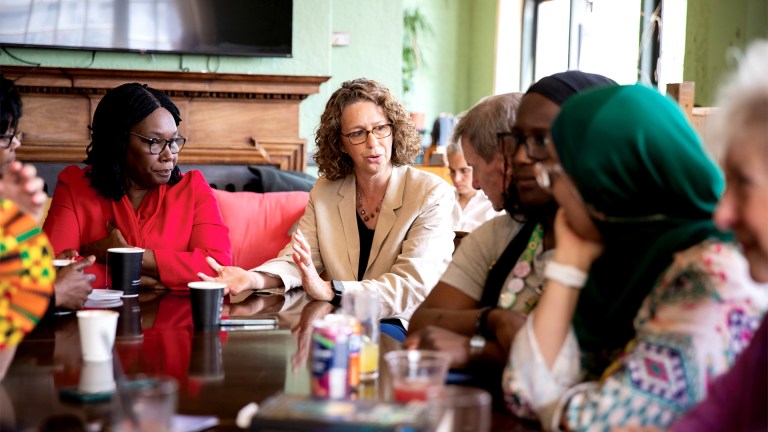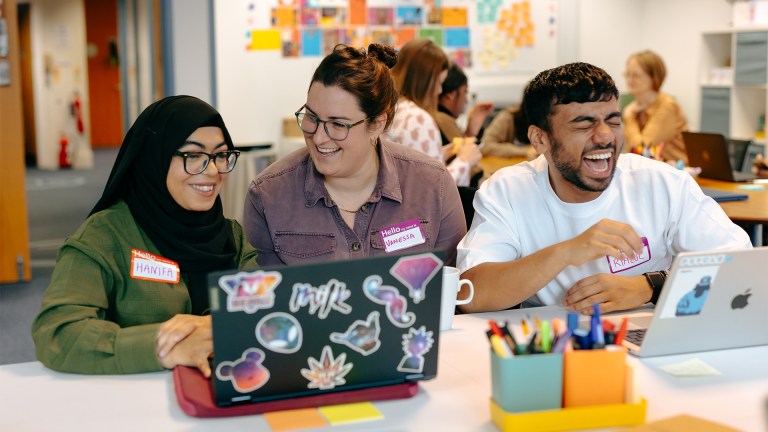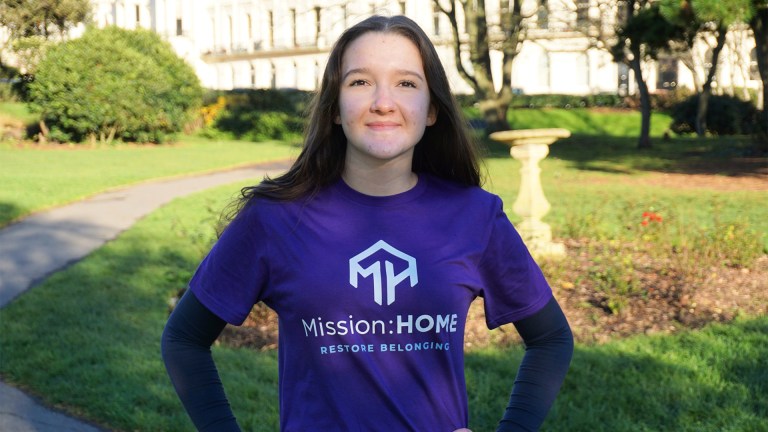I understand stigma. I was a product of my upbringing, my schooling, the people I hung around with. What’s important to understand about my HIV diagnosis is that I never wanted to tell anyone. I still, to a certain extent, feel like it’s nobody else’s business. We never spoke about HIV so assumed it was the same as in the 1980s.
When I learned this wasn’t the case, and that I could have a normal, happy, healthy life, it felt like a message that was not only really important to me but could be really important to so many other people who are affected by HIV, who are infected with HIV, or wanted to not live without telling anybody. So it was a way of trying to educate people.
When I was first diagnosed, I learned never to go down the rabbit hole of the internet. The most important thing I learned was to speak to people who have real knowledge. Whether it be a group of people living with HIV, your doctor or nurse, people in the sexual health clinic. If you feel your life has stopped or been put on pause because of your diagnosis, they can really kickstart your life with powerful and positive information that you didn’t think could exist around such a negative subject.
Every ounce of information gave me a little bit more strength to lift my head up when I walked into the CRI every day. Because I don’t have anything to be ashamed of. I have done nothing wrong. And I am going to continue to live. And I am going to be able to smile again one day. Those positive pieces of information give you the building blocks to be able to get back to your life.
From my experience, we live in a society where, if people can have somebody to blame or point the finger at, it makes life easier for them and they don’t need to understand the issue. I feel, as a person who openly lives with HIV and has a HIV-negative husband and all my family are HIV negative, that we are a group of people that makes life easier for other people because they can point the finger at us.
The narrative is definitely changing. But I look at it like this: we were in a really, really, really dark and shit place before. Now we’re just in a really shit place. If we think everything is now OK because of how far we’ve come, that is a dangerous game to play.
The Tackle HIV campaign is about raising awareness of stigma. I teamed up with ViiV healthcare, and what I found there was a group of scientists, physicians and doctors who are solely working on not having a job. Their only goal is to find a cure for HIV and AIDS.
To be a part of creating something that will help somebody you will never, ever meet is, for me, the definition of the best legacy you could leave. Everything I do now is to show people that may have never heard a story like mine what we are capable of doing. So every day of my life, going to the gym or doing these physical challenges that blast stigma out of the water, or just being a happy person walking down the street with my husband in Bridgend – that is the positive message that I’m trying to deliver.
When I first found out, I thought somebody living with HIV would be very frail or not have any life in them. I want to be the complete opposite to demystify that and destigmatise HIV. Because HIV is no longer a virus that has to affect your life – and I, as one person of many, am living proof of that.
Tackle HIV, a campaign led by Gareth Thomas in partnership with ViiV Healthcare and the Terrence Higgins Trust, aims to tackle the stigma and misunderstanding around HIV.
World AIDS Day is on 1 December 2023
This article is taken from The Big Issue magazine, which exists to give homeless, long-term unemployed and marginalised people the opportunity to earn an income. To support our work buy a copy!
If you cannot reach your local vendor, you can still click HERE to subscribe to The Big Issue or give a gift subscription. You can also purchase one-off issues from The Big Issue Shop or The Big Issue app, available now from the App Store or Google Play









